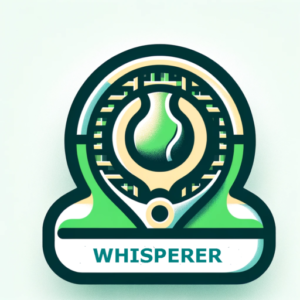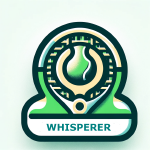Świątek: When the Wheels Come Off
When the Wheels Come Off
I’m not a Świątek fan.
But when the wheels come off, it doesn’t matter if you’re a four-time Roland Garros champion or just a weekend player grinding it out in your local Badge match. It’s raw. It’s human. And it’s hard to watch.
In Madrid, Coco Gauff didn’t just beat Iga Świątek — she dismantled her. 6-1, 6-1 in just over an hour.
And it wasn’t just the scoreboard that told the story. It was the towel over the head. The tears during changeovers. The body language that screamed: “I don’t know where I am or how to fix this.”
Świątek looked like a player completely unplugged from her game. No rhythm. No Plan B. No instinct to fall back on.
Her greatest strength — her court movement — was missing. Footwork that is usually textbook: the prep steps, the explosive first step, the split step timing — all gone. She wasn’t gliding on clay. She was stuck in it.
Meanwhile, Gauff was ruthless. She played with controlled aggression, kept her margins, and never gave Iga a second to regroup.
She had just four unforced errors on both forehand and backhand. She won 90% of her first-serve points. Gauff played freely, instinctively.
Świątek looked like she was trying to remember how to play.
This wasn’t just a bad day. It was a culmination.
Since her 2023 French Open win, Świątek’s had cracks showing. A short-lived suspension. Emotional breakdowns at Wimbledon and the Olympics. The pressure of expectations. A coaching switch that hasn’t yet delivered results.
All of it’s been simmering. In Madrid, it boiled over.
Her post-match comments were telling:
“I wasn’t ready to play back the shots with heaviness… I’ve been forcing myself to go lower, to be more precise with my feet, because it’s not going by itself.”
And that’s the point: When your game stops flowing and you have to force it — that’s when the wheels come off.
This moment is a lesson for every serious player.
• Build your routines — habits that ground you under stress.
• Train footwork and balance until they’re automatic.
• Prepare for pressure by creating chaos in practice.
• Use mental tools: breathing, rituals, visualization — or even something as simple as squeezing a ball with your non-dominant hand before a big point.
Because by the time the wheels are off, the match is halfway lost.
If you want to get back on track, you’d better have the tools — physical, mental, and tactical — to bolt them back on.




